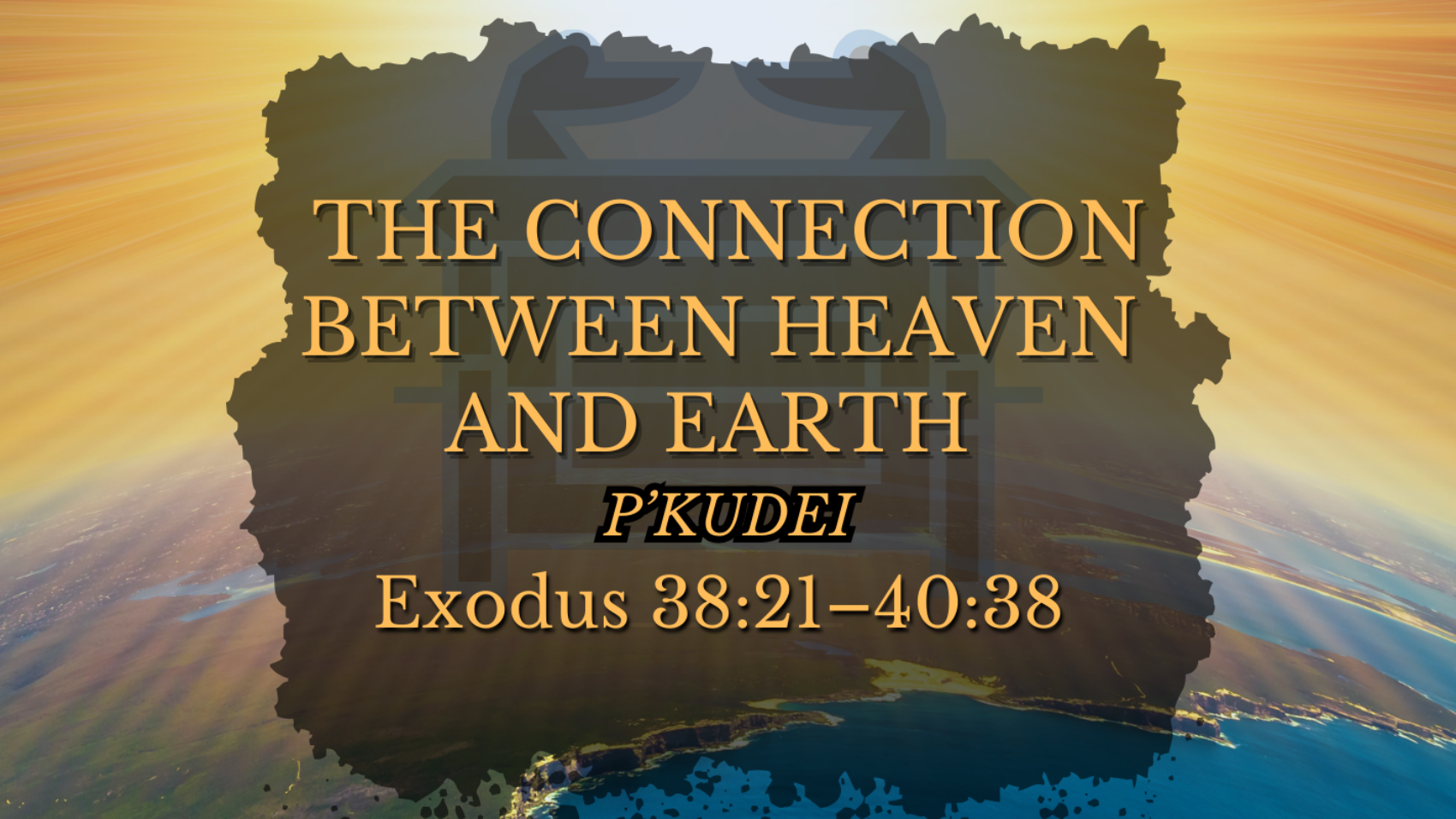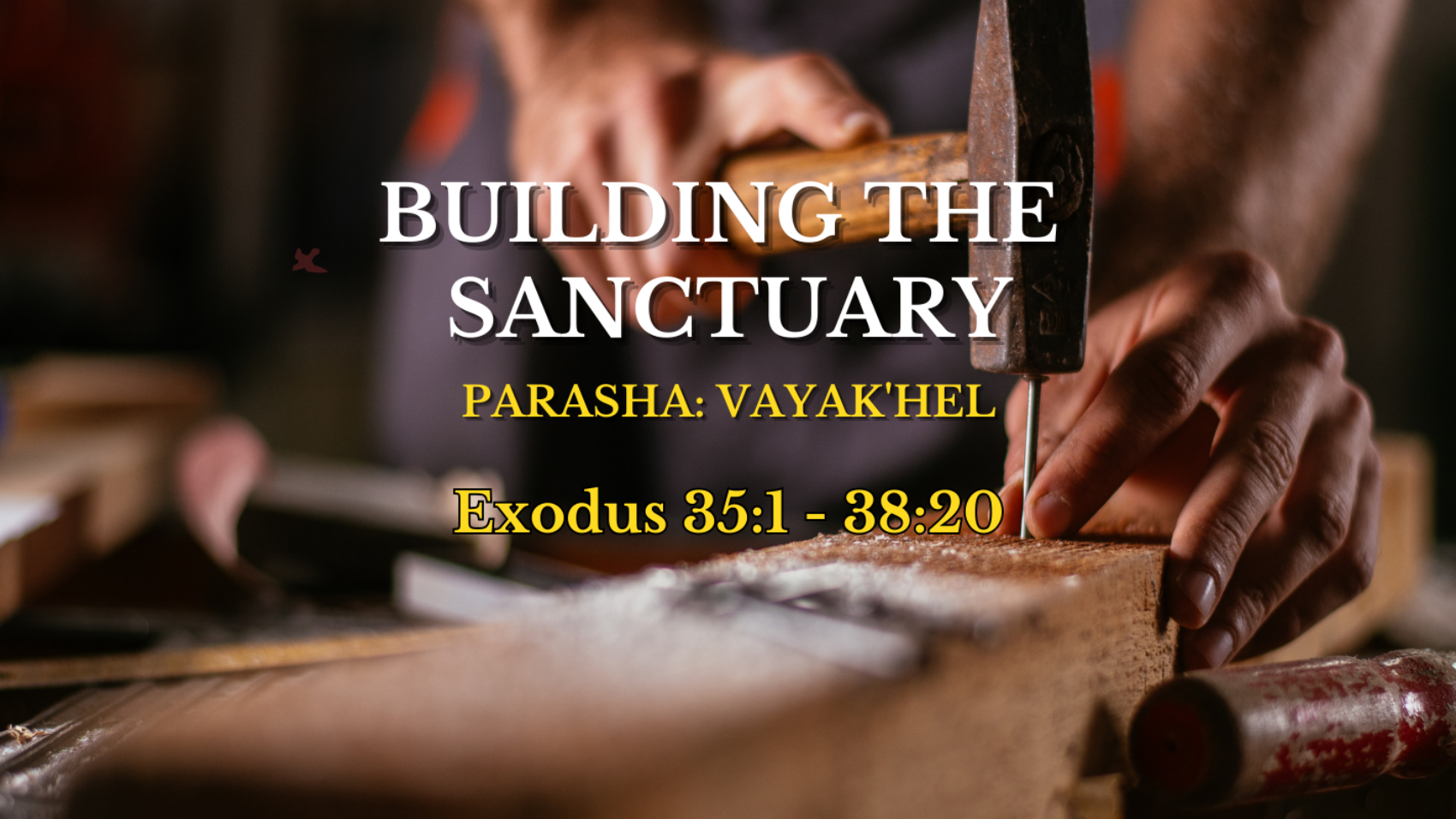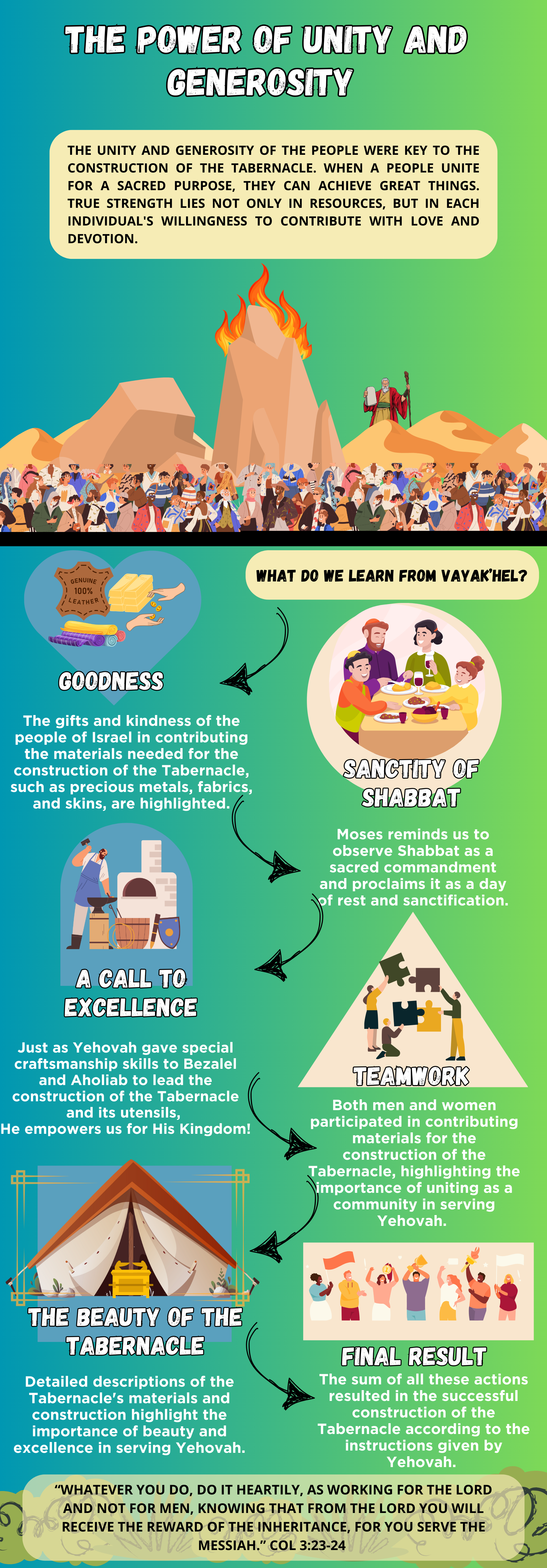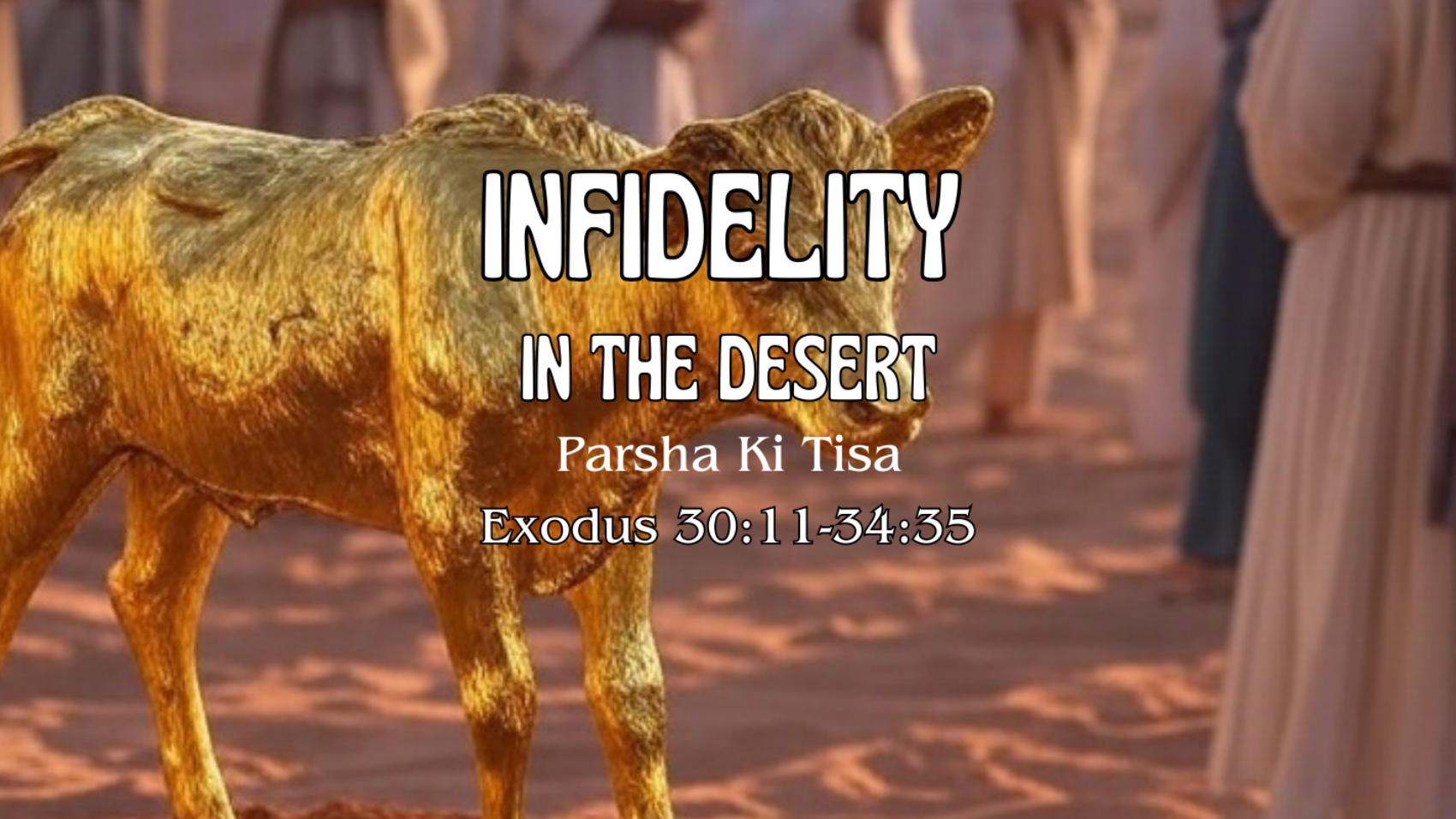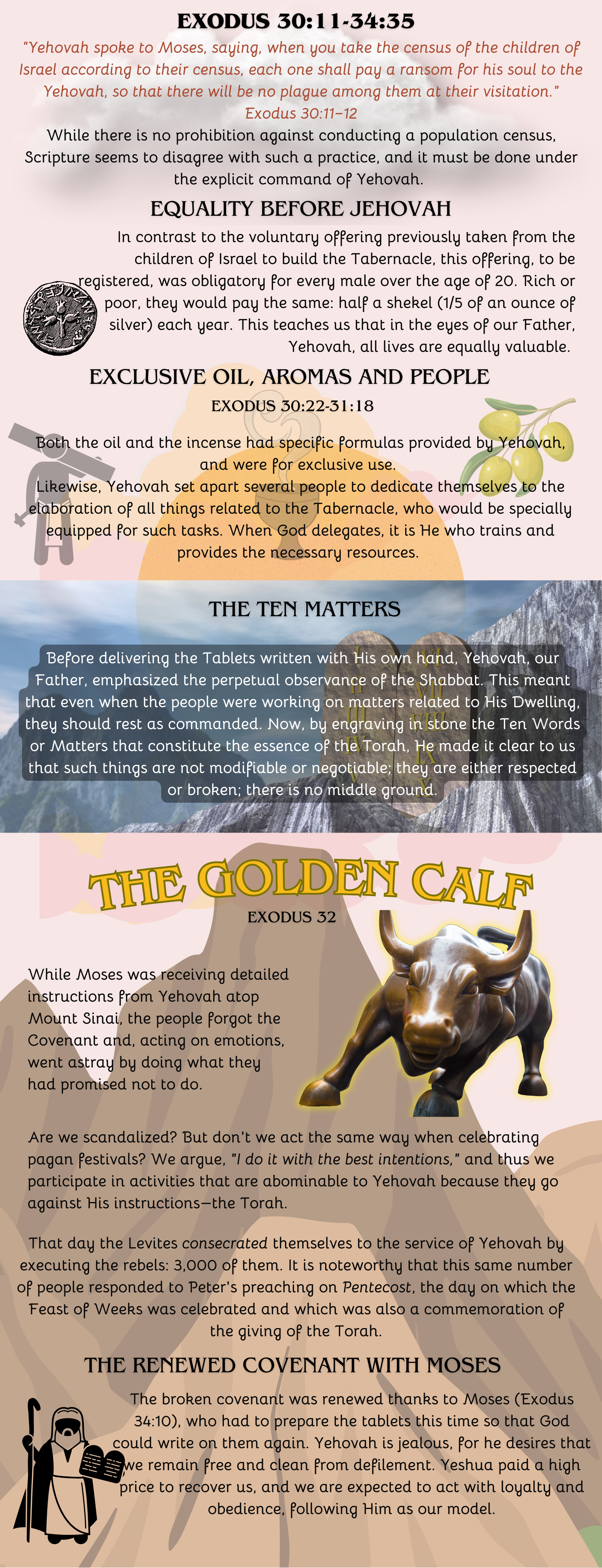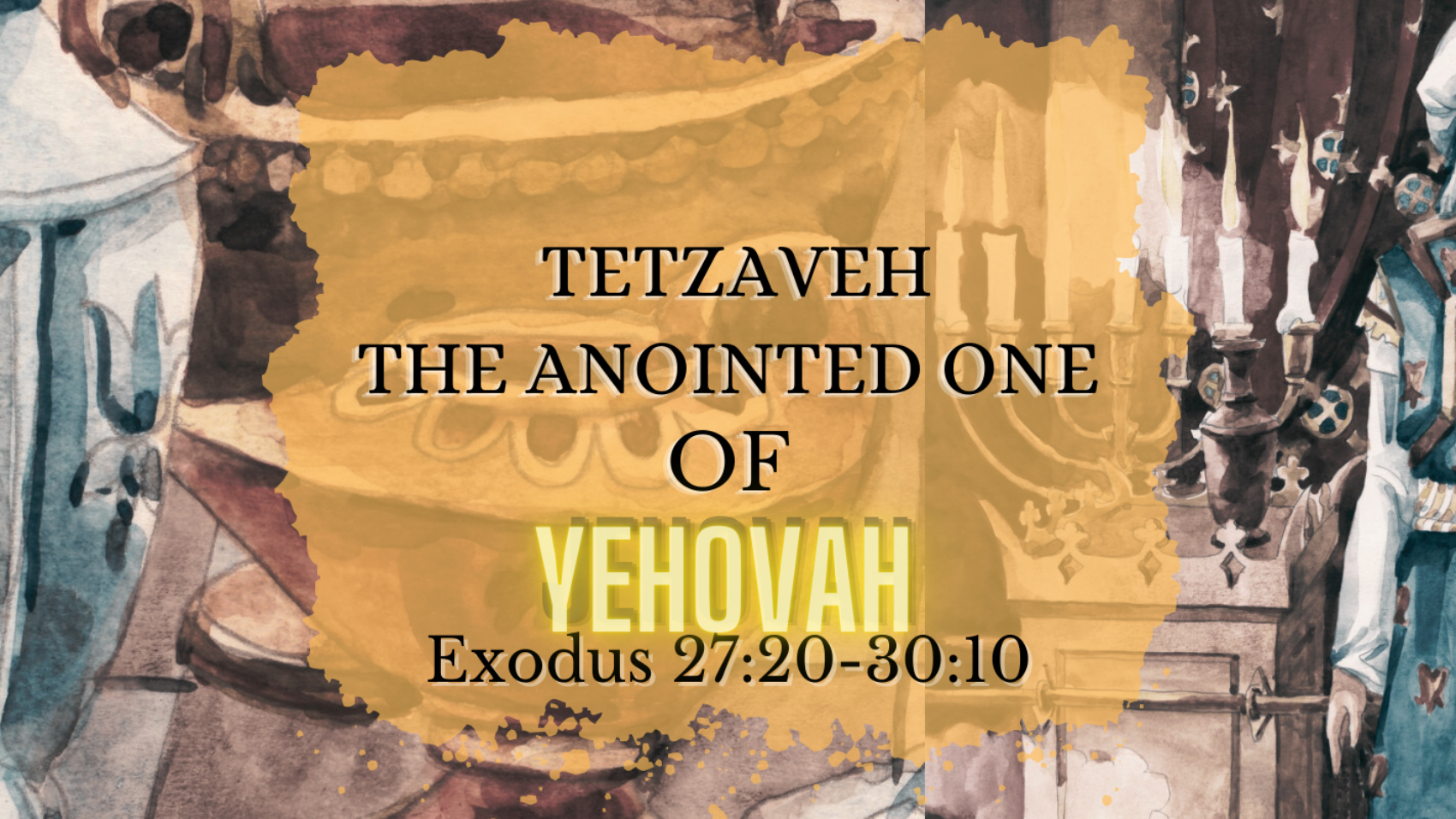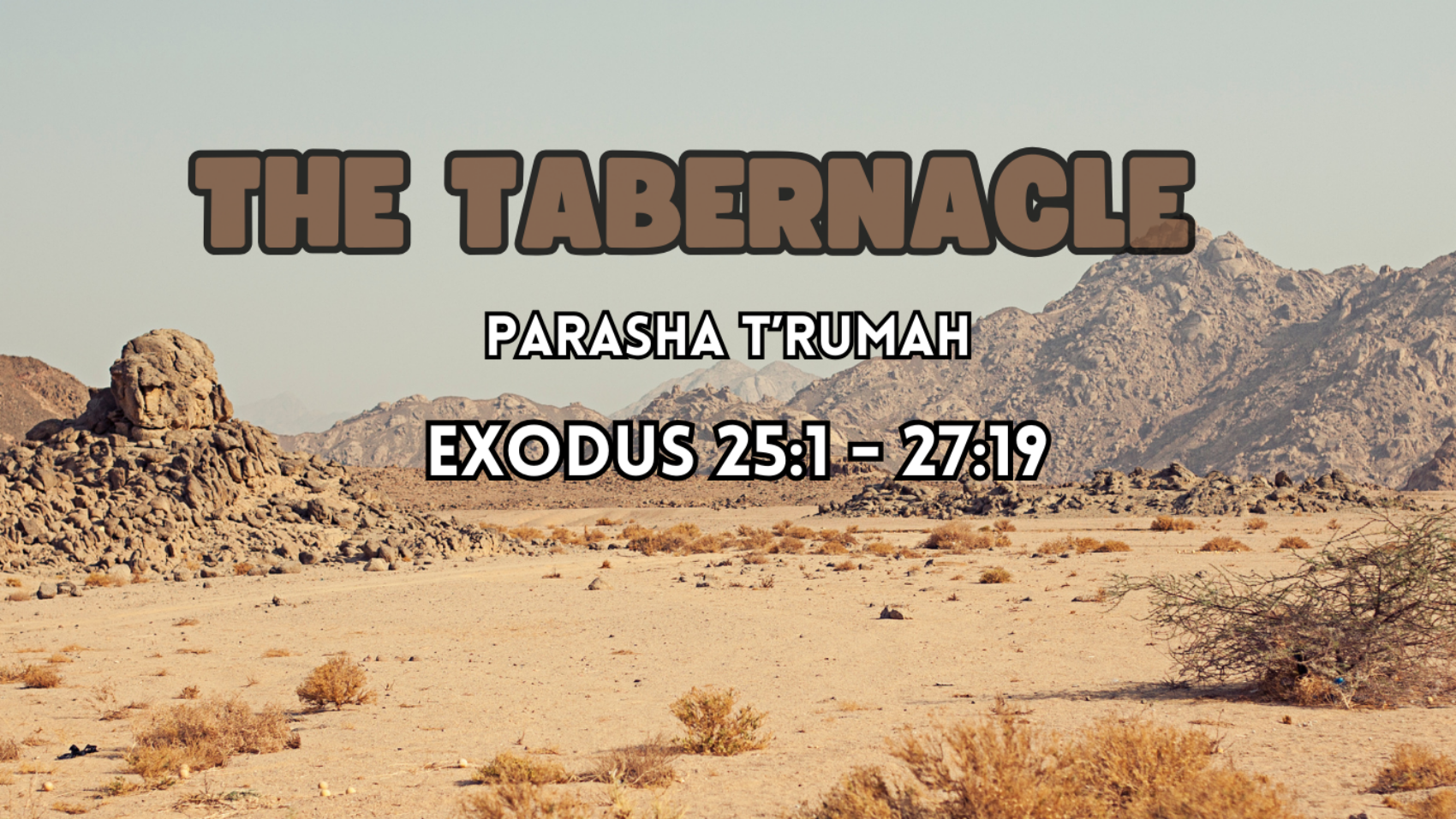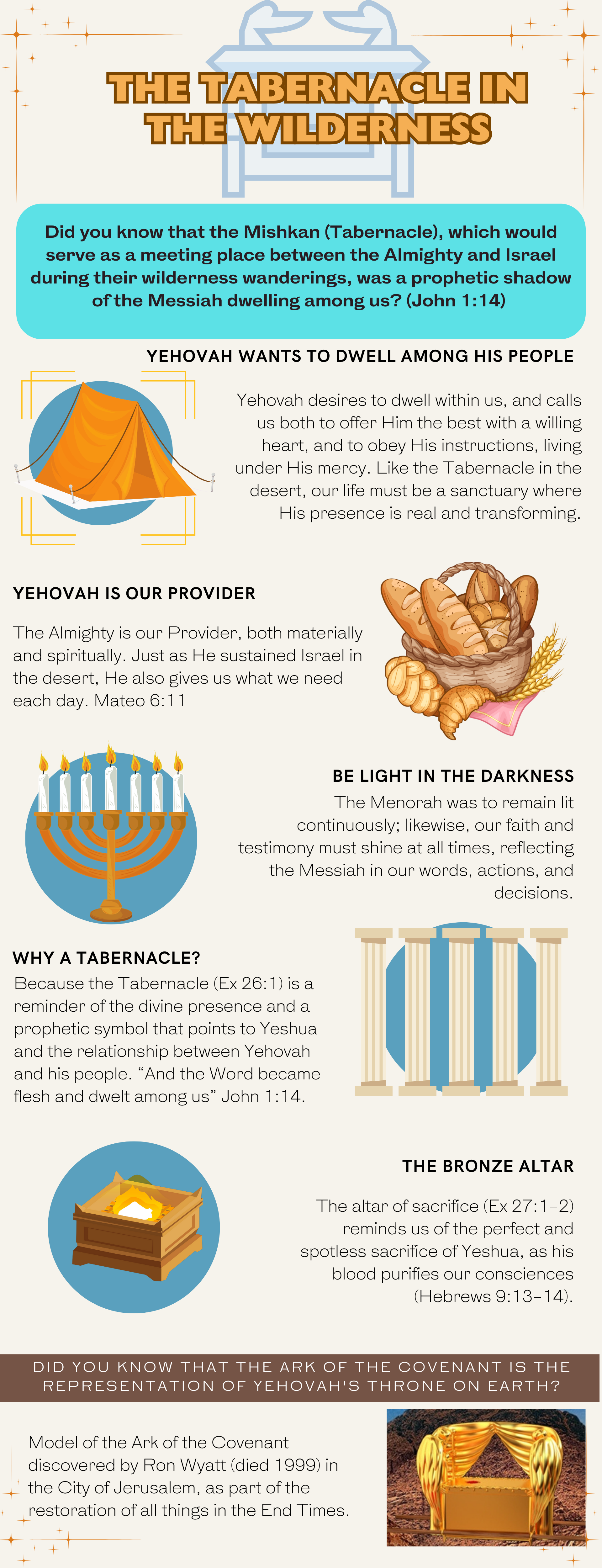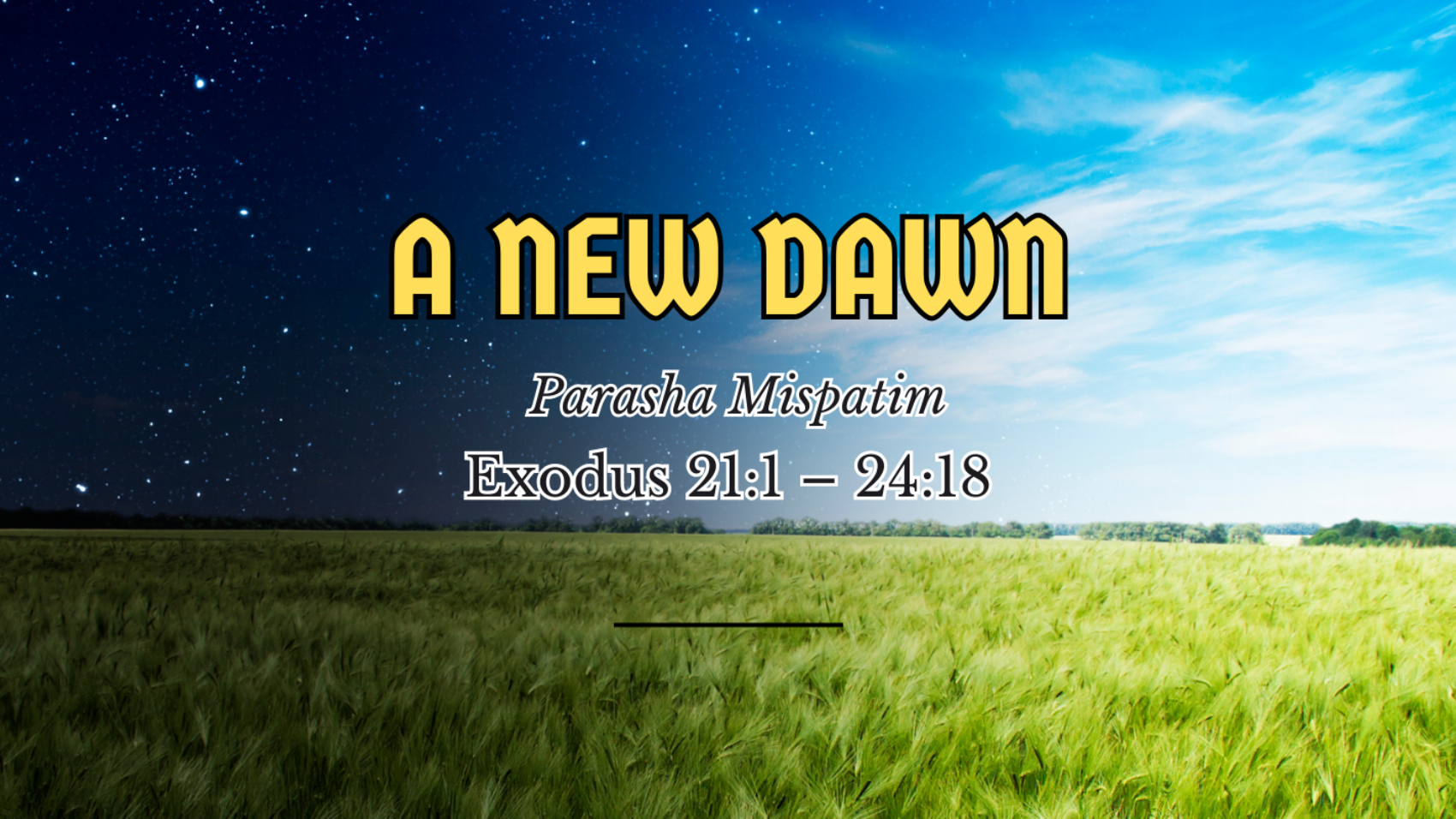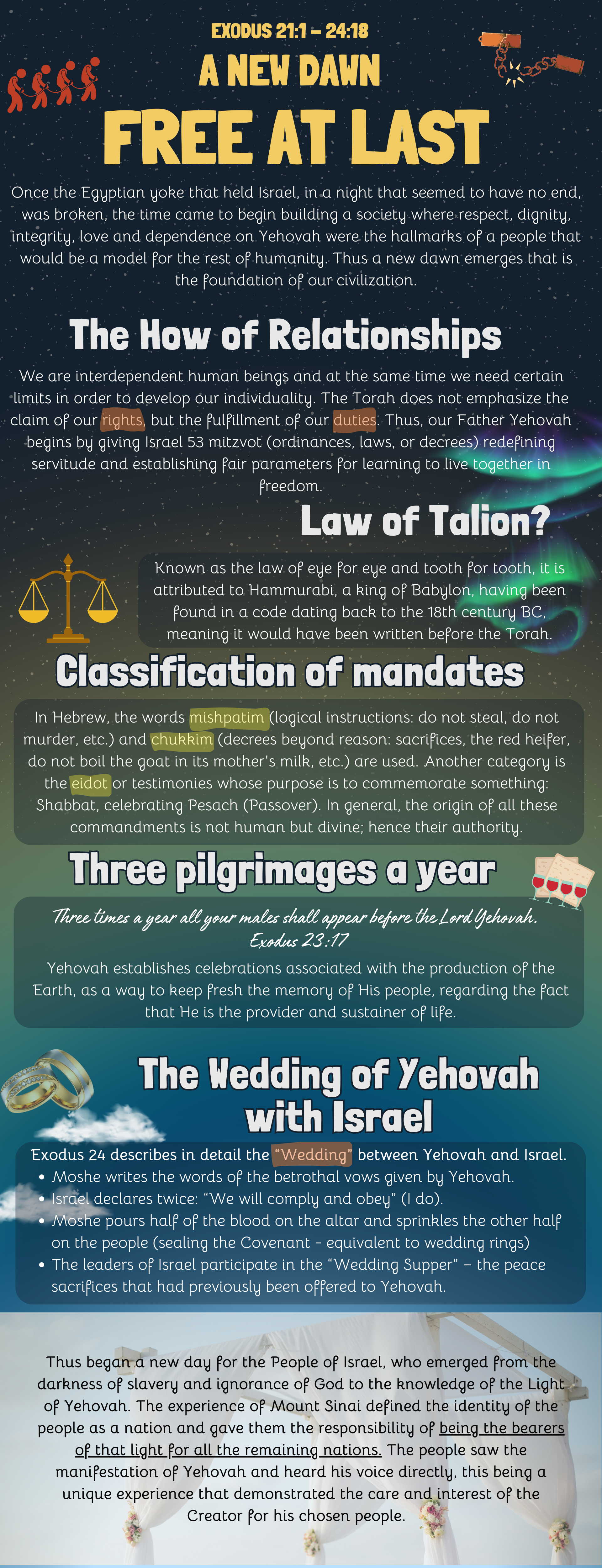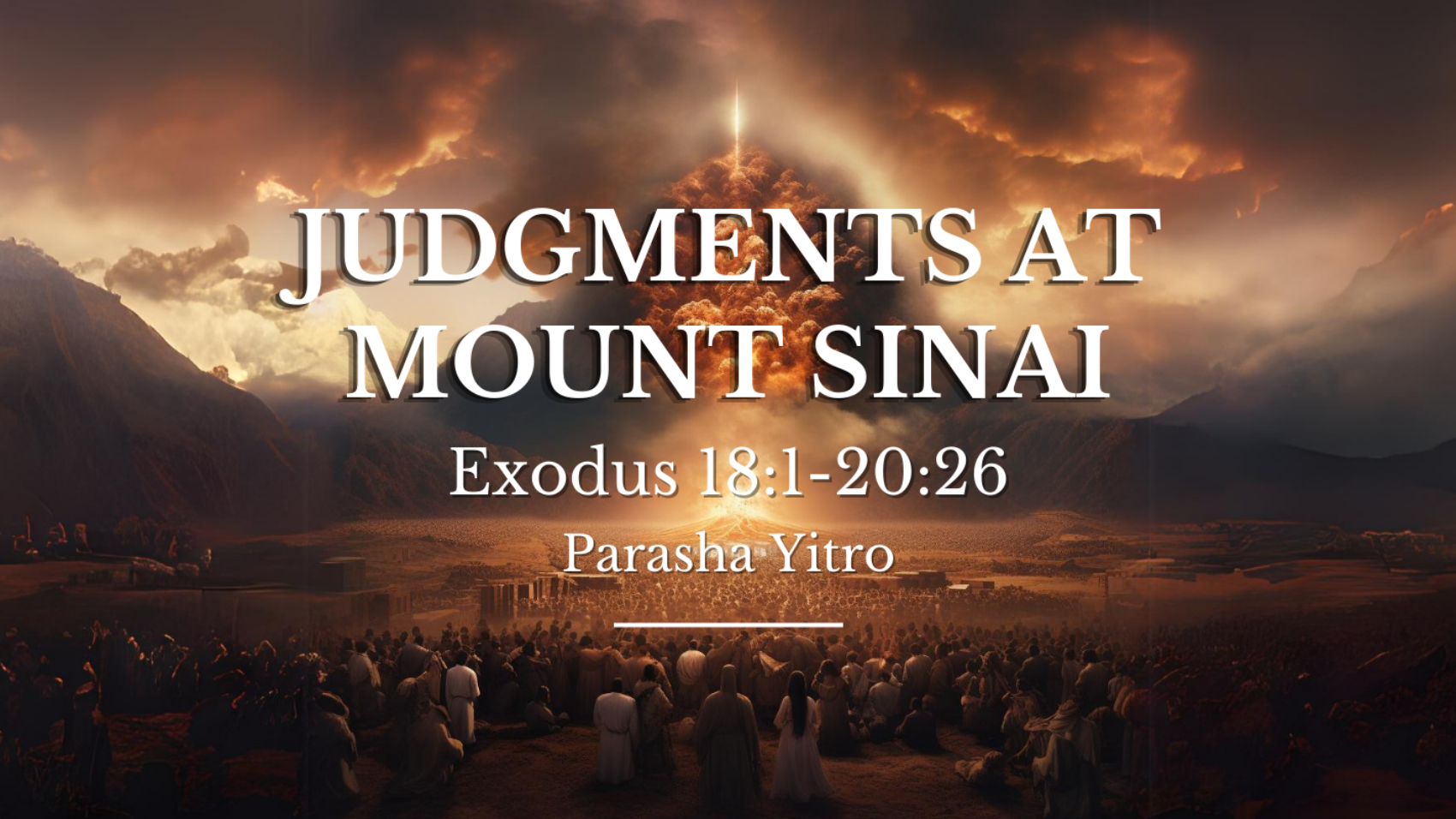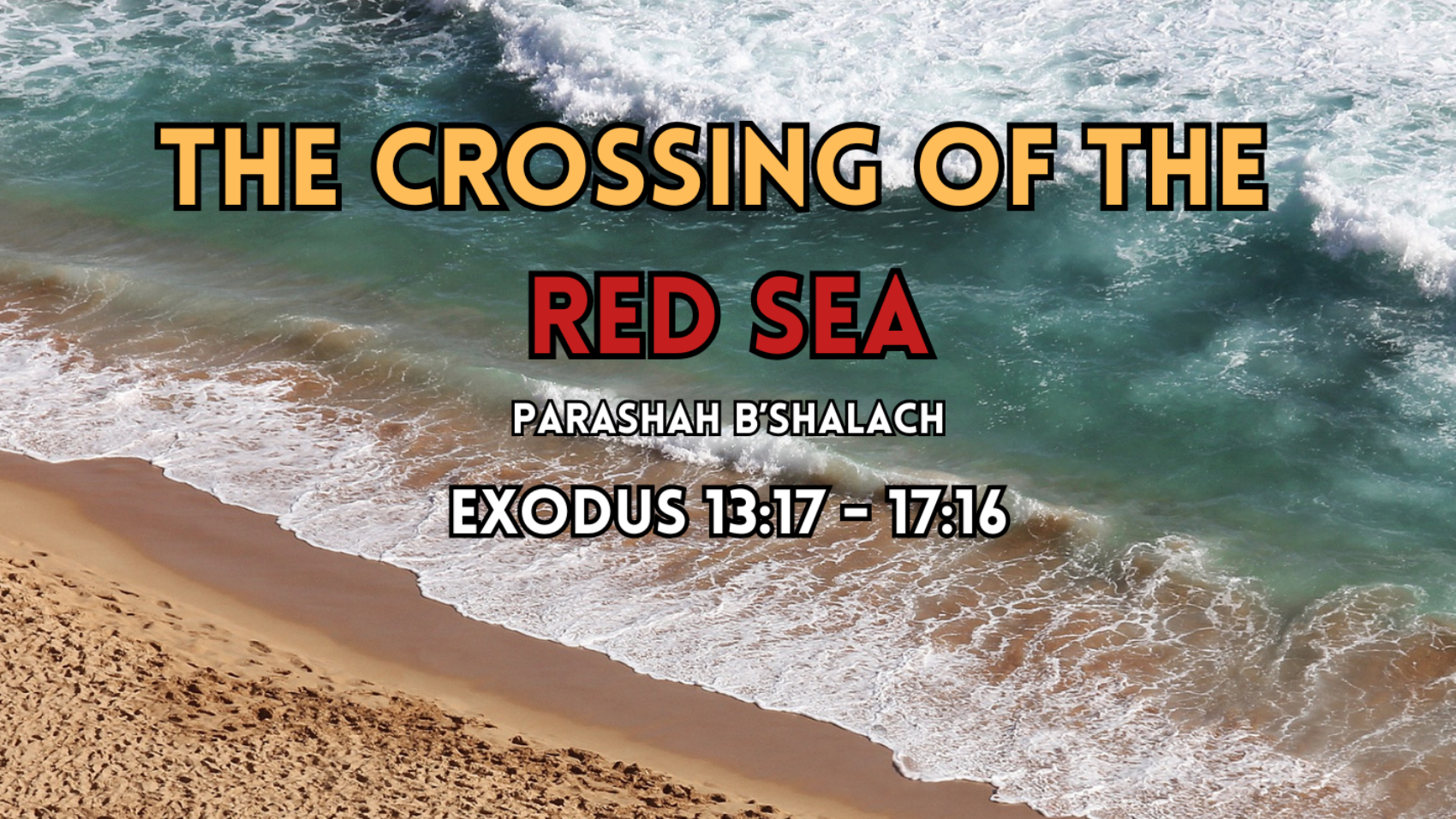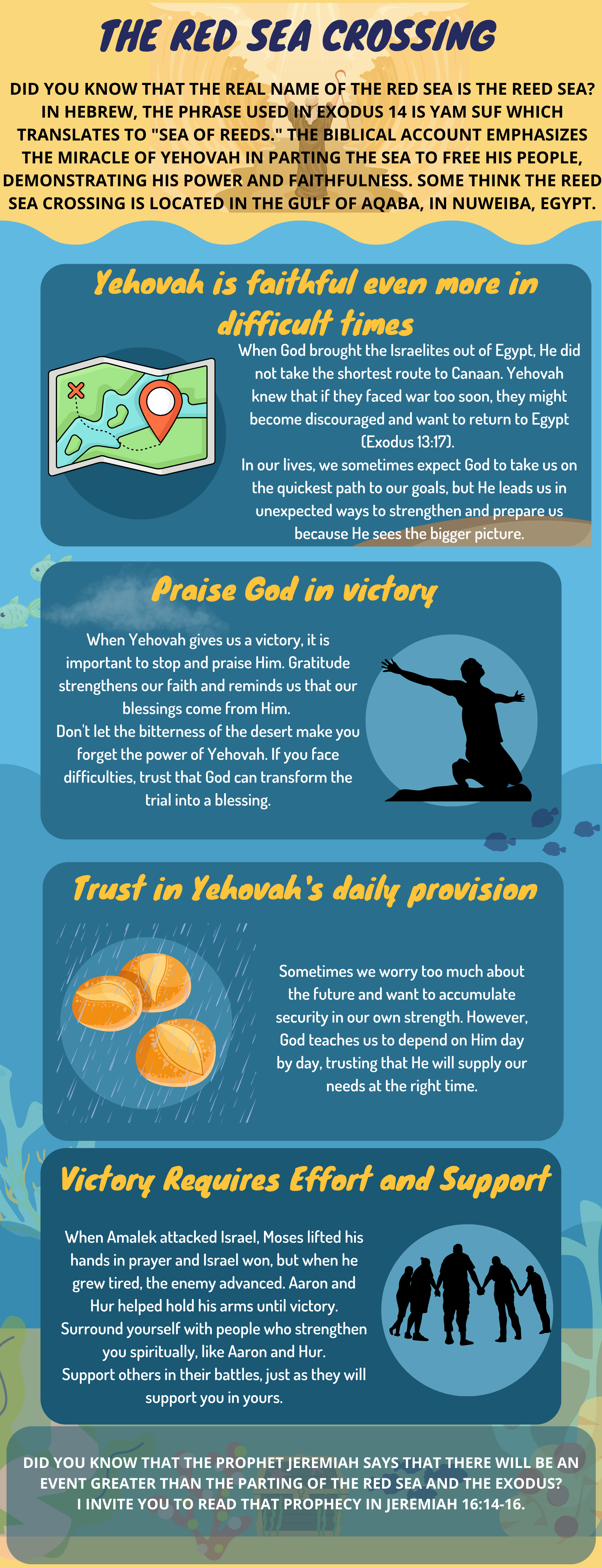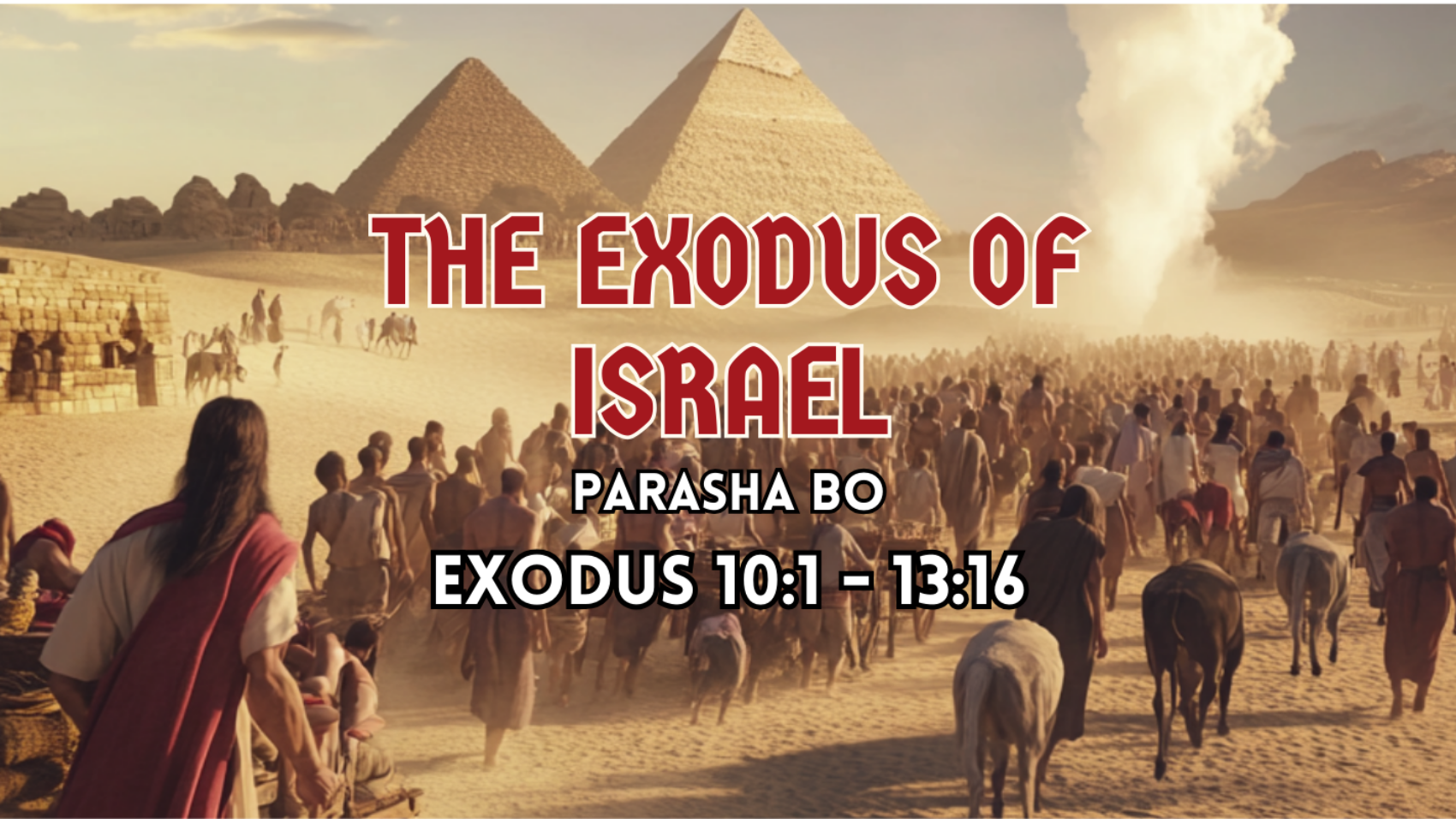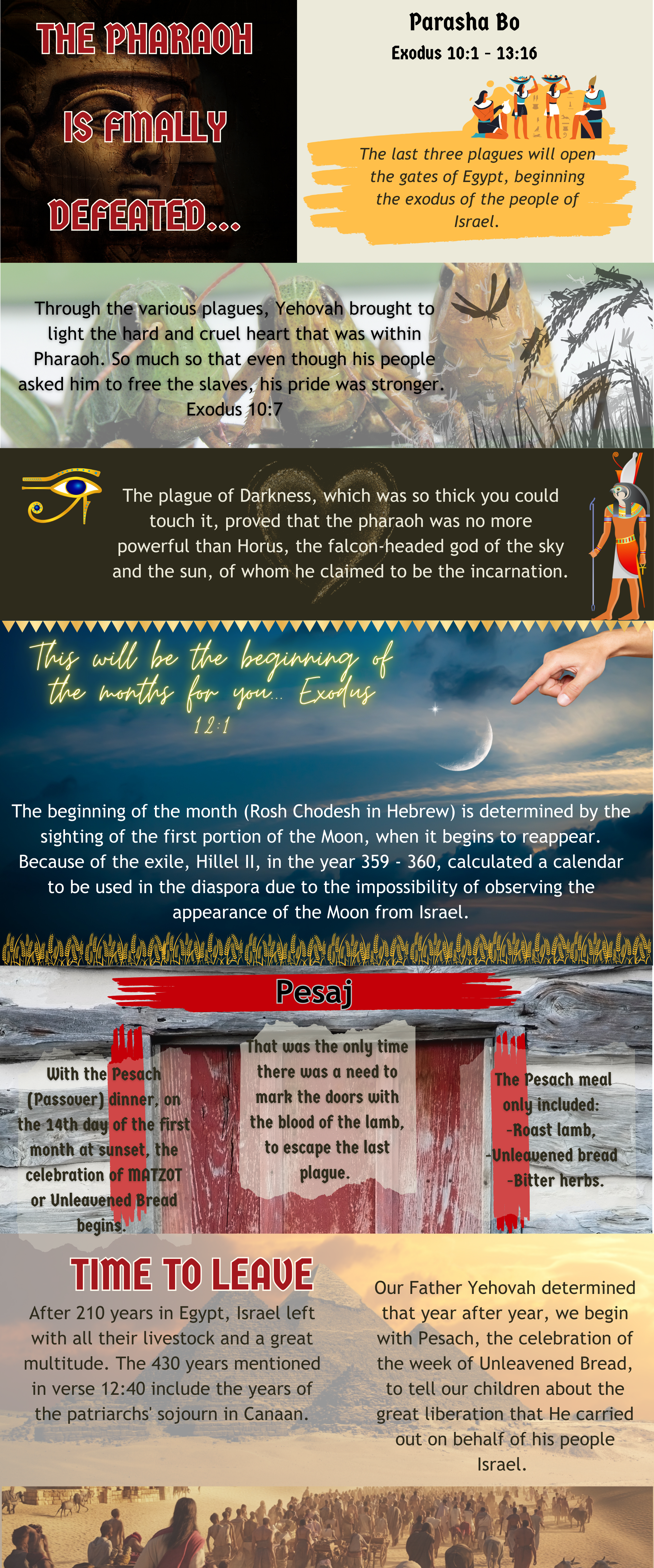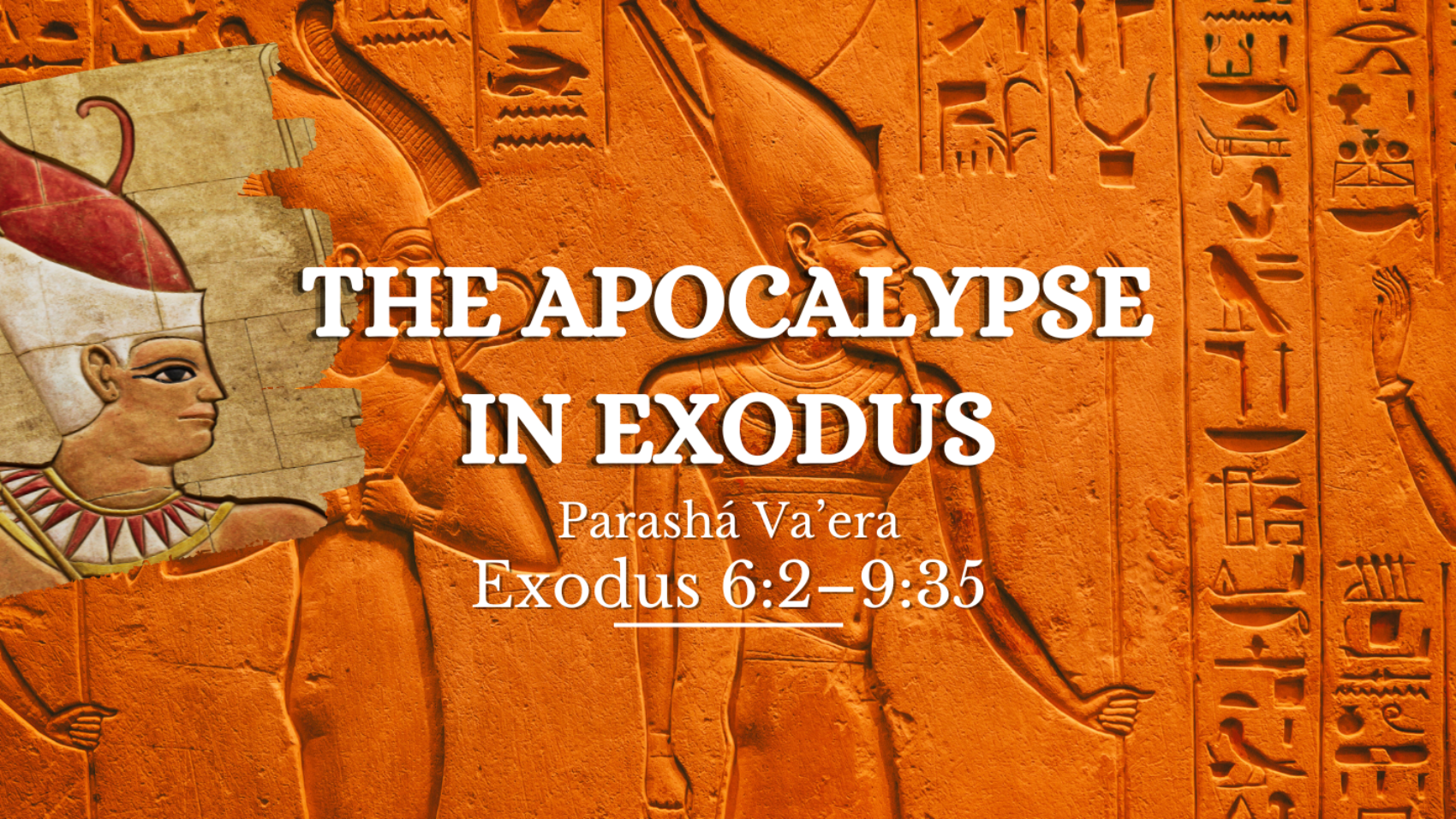In the 7 days of Creation there is a progression from nothing, before Genesis 1:1, until all of Creation was completed, after 6 days. Man was the pinnacle of Creation, the crown. That is why he was created last, when everything else had already been created for his benefit.
Eventually, humanity fell, not just Adam, but every subsequent generation, until corruption filled the world and humanity was eliminated in the Flood (with the exception of Noah and his family).
Abraham was chosen by the Creator to begin a spiritual path that would reach its maximum expression with the revelation at Sinai to all the people of Israel.
This revelation included detailed instructions for building the Tabernacle. This system of connection between man and the Almighty is the way back to Eden. That is to say, to the union that man once had with the Creator.
That is why we will find fascinating connections within the Tabernacle itself, which refer us to the Divine Creation.
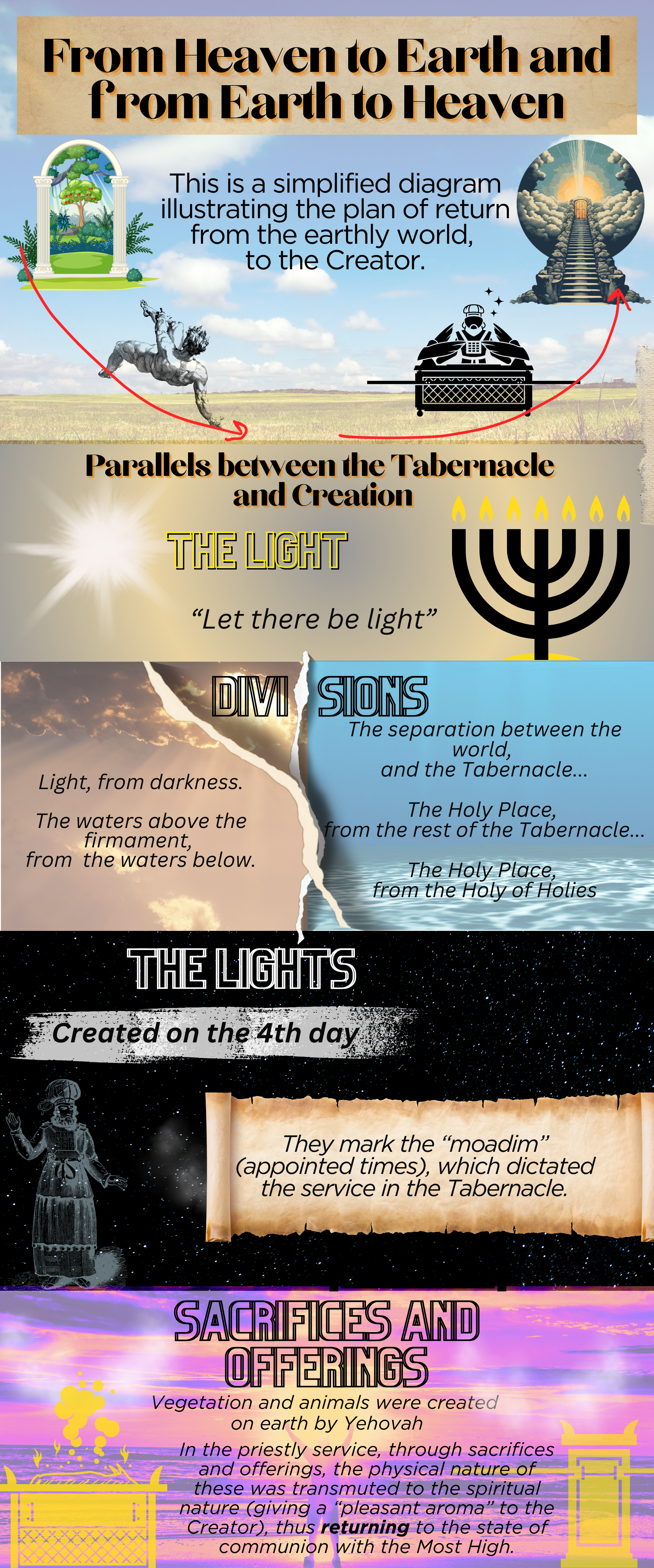
These are just some of the parallels I found and I recommend that you invest time in studying this section of the Torah to look for more. In fact, I will leave you with the following questions to consider in your personal studies or with your study group:
- How do you see the principles of Creation reflected in the structure and function of the Tabernacle? How can this understanding enrich your perspective on the purpose and sanctity of space and time in your spiritual life?
- How do you find (or where would you position) the role and mission of Yeshua in the infographic diagram above?
- Reflecting on Yeshua’s role as High Priest (Hebrews 4:14-16) and the idea of Shabbat as a time of rest and connection with the Creator, how can we incorporate these principles into our lives to foster a sacred space and a time of spiritual renewal on a regular basis?
